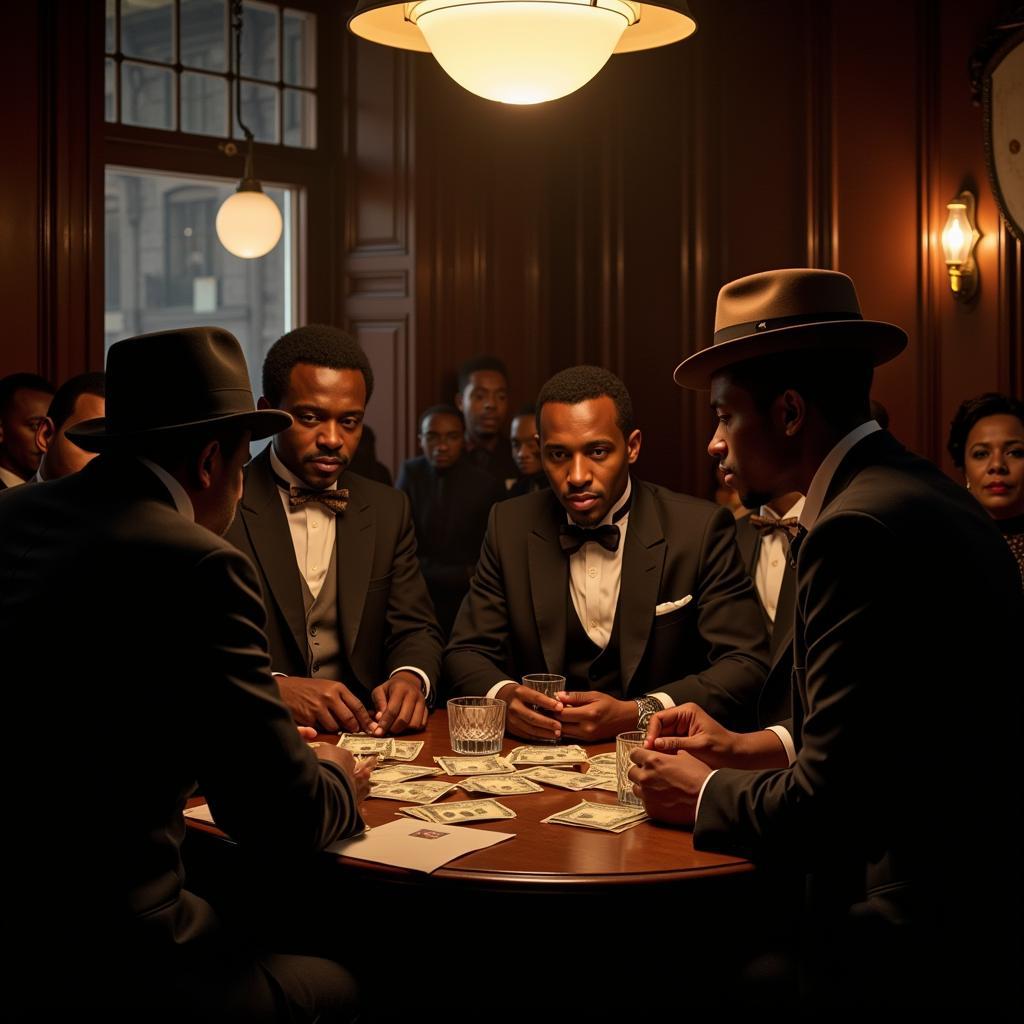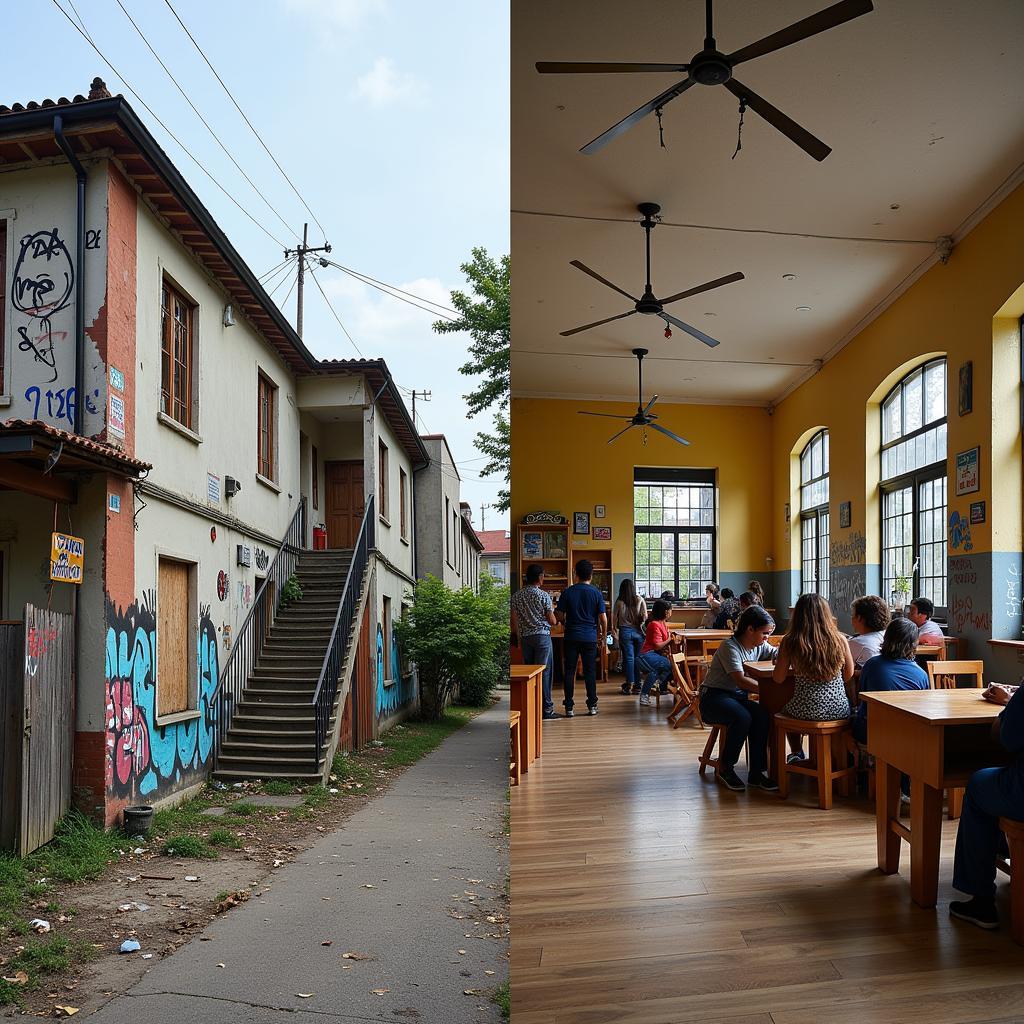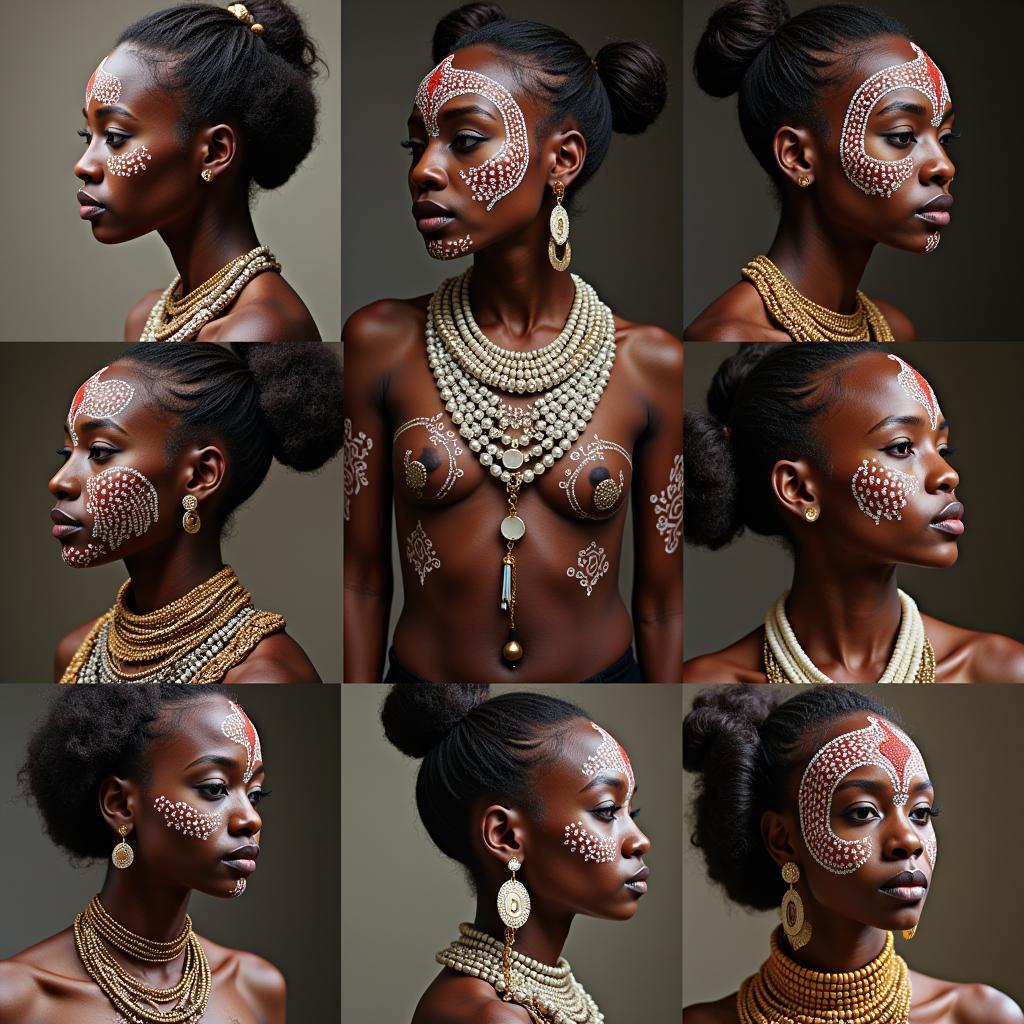African American Organized Crime: A Complex History
African American Organized Crime has a long and complex history, shaped by social, economic, and political forces. This article delves into the factors contributing to its rise, examining key figures, events, and the ongoing impact on communities.  African American Organized Crime during Prohibition
African American Organized Crime during Prohibition
The Roots of African American Organized Crime
Discrimination and limited economic opportunities played a significant role in the emergence of African American organized crime. Denied access to legitimate businesses and political power, many turned to illegal activities for survival and advancement. During the Prohibition era, the illegal alcohol trade provided a lucrative opportunity for many, including African Americans. This period saw the rise of figures like Casper Holstein, who built a vast gambling empire in Harlem. african american mafia operations, like those of Holstein, challenged the established order.
Dr. Tarika Bandele, a historian specializing in African American Studies, notes, “The exclusion from mainstream society forced many African Americans into the shadows, where they created their own systems of power and wealth, often through illicit means.”
The Post-Prohibition Era: Shifting Landscapes
Following the repeal of Prohibition, African American organized crime evolved, diversifying into activities such as numbers running, drug trafficking, and extortion. The changing social and political landscape of the mid-20th century, including the Civil Rights Movement, influenced the dynamics of these criminal enterprises. The rise of street gangs and the increasing availability of drugs like heroin and cocaine further complicated the situation.
The Role of Social Inequality
Social inequality and systemic racism have consistently fueled the cycle of poverty and crime in many African American communities. Limited access to education, healthcare, and job opportunities created a breeding ground for criminal activity. This has been a significant factor contributing to the persistence of African American organized crime. african american gangsters emerged from these difficult circumstances, sometimes seen as figures of resistance or even Robin Hood-like characters within their communities.
 The Social Impact of African American Organized Crime
The Social Impact of African American Organized Crime
How did social inequality contribute to African American organized crime?
Social inequality restricted opportunities, pushing some individuals towards illegal activities for survival and economic advancement.
What were some of the illegal activities African Americans engaged in during this time?
Activities included numbers running, drug trafficking, and extortion, often driven by the need to overcome systemic barriers.
Notable Figures and Their Impact
While often romanticized in popular culture, the reality of african american gangster names and their impact on communities was complex and often devastating. Figures like Ellsworth “Bumpy” Johnson, a prominent Harlem gangster, exemplify this duality. While he held significant power and influence, his involvement in criminal activity also contributed to violence and suffering.
Professor Kwame Asante, a sociologist specializing in urban crime, states, “These figures often became symbols of power within their communities, but their actions ultimately perpetuated the cycle of violence and poverty.”
The Ongoing Struggle
The legacy of African American organized crime continues to affect communities today. While law enforcement efforts have disrupted some criminal enterprises, the underlying social and economic issues that contribute to their existence remain. Addressing these root causes is crucial to breaking the cycle of crime and building a more equitable future. african elephant history offers a different perspective on the rich and diverse history of the African continent, highlighting the importance of understanding its various facets. Similarly, exploring the african elephant order provides insights into the natural world and the delicate balance of ecosystems.
Conclusion
African American organized crime is a complex phenomenon with deep historical roots. Understanding its origins, evolution, and ongoing impact requires acknowledging the role of social inequality, economic hardship, and systemic racism. Addressing these issues is essential to creating safer and more prosperous communities for all. African American organized crime remains a significant challenge, demanding a comprehensive approach that tackles both the symptoms and the root causes.
FAQ
- What factors contributed to the rise of African American organized crime?
- How did Prohibition influence the development of African American organized crime?
- Who were some prominent figures in African American organized crime?
- What is the ongoing impact of African American organized crime on communities?
- How can we address the root causes of African American organized crime?
- What are some misconceptions about African American organized crime?
- How has law enforcement responded to African American organized crime?
Need support? Contact us 24/7: Phone: +255768904061, Email: kaka.mag@gmail.com, or visit us at Mbarali DC Mawindi, Kangaga, Tanzania.
